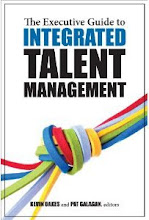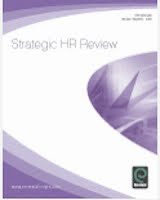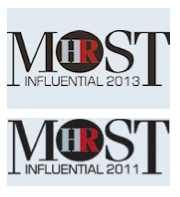“To go fast, go alone. To got far, go together.” (South African quote shared with us by Brian Kropp.)
The average CEOs tell the investment community that they're going to grow by is 6 to 8%. The average growth expected in the economy is 2 to 4%. Where's the difference going to come from? We need people to go both fast and far.
The average CEOs tell the investment community that they're going to grow by is 6 to 8%. The average growth expected in the economy is 2 to 4%. Where's the difference going to come from? We need people to go both fast and far.
This means that business is now much more collaborative than it used to be, eg managers are working longer but are spending less time with their direct reports.
For CEB, people generally have the will (unless they do’t like talking to people) and the skill (millennials in particular) to collaborate. Rather than building new collaboration skills we should focus on helping apply their core skillsets in different ways.
However people often need to be helped to engage in the behaviours. Or at least we mustn’t get in the way, as we do when we design our systems and processes for individual performance alone.
This means our (social) HR processes need to built around collaboration too, eg performance management needs to move on from ‘what did I do?’ to ‘what did we do together to achieve outcomes?’
Brian Kropp explained PM system at Herbert Smith Freehills to us (a good example as law firms aren't always the easiest places to get people collaborating). In this, rather than getting an employee to talk about what they did, they list instead all of the people who helped them. They also get 10 points which they allocate across these people depending upon the impact of their help.
This means the organisation can add up the number of points each person has been given to quantify the amount of help they’ve provided. A person’s review therefore provides input to these other people’s ratings rather than of the person who has received the review, reflecting the way in which today’s work gets performed.
HSF also look at the system to see which staff are connecting together eg if white males are only connecting with other white males it would raise warnings. But the bigger benefit is that this focus on people who have helped them helps to develop a mindset that they didn’t do it all on their own.
CEB think that leaders and employees respond to attempts to improve collaboration in different ways. It’s also often harder to get leaders to collaborate, as they have loads of responsibility and much of the success in their career to date will normally be down to individual contribution. Some of CEB’s suggestions for dealing with these people include:
- Not focusing on collaboration, which is just a tool or method, but on what collaboration is going to achieve. (Personally I think that’s a mistake. People are never going to optimise their collaboration unless they value the thing for itself.)
- Encouraging them to extend their strengths rather than adopt new behaviours, eg don’t say be more collaborative, tell them they’ve been so great at something that you want them to share this with other people. Ie start with give rather than with take in the give take flywheel. Appeal to their ego!
- Talking about improving processes rather than changing people. And moving from reactive to practice - solving problems before they emerge. Leaders need self realise the need to change - often when they hit rock bottom unless we can help them do this first. Eg GE at Crotonville bring in a chamber music group and by having one musician misplay helps people understand the need for everyone to play together.
- And you may need to pay for it. Financial rewards do matter for business leaders - for the border workforce intrinsic rewards work better - financial rewards are smaller and employees often feel behavioural changes aren’t worth it. (I think that's a problem - there needs to be greater commonality between employees and leaders for true collaboration to take place.)
- Consulting Research Speaking Training Writing
- Strategy - Talent - Engagement - Change and OD
- Contact me to create more value for your business
- jon [dot] ingham [at] strategic [dash] hcm [dot] com































0 comments:
Post a Comment
Please add your comment here (email me your comments if you have trouble and I will put them up for you)